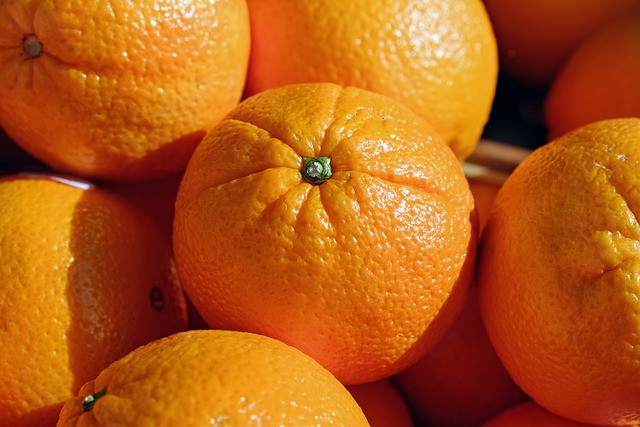Probiotics are live microorganisms that provide health benefits when consumed in adequate amounts. They are often called “friendly” bacteria, and can be found in fermented foods or supplements.
Understanding the Digestive System
Before we dive into the benefits of probiotics, let’s take a quick review of the digestive system. The digestive system includes organs such as the stomach, small intestine, and colon, which work together to break down food and extract nutrients that the body needs. Along the way, it also has to deal with toxins, undigested material, and other waste that needs to be eliminated.
Normally, the digestive system functions smoothly, and we don’t even pay attention to it. But sometimes, things can go wrong. For example, we might experience bloating, gas, or constipation. Research has found that probiotics can help maintain a healthy digestive systems by improving gut flora, reducing inflammation, and boosting immune function.
Benefits of Probiotics
Probiotics have a wide range of benefits for the human body, but the primary one is maintaining a healthy gut. A healthy gut is essential for good overall health because it is responsible for nutrient absorption, fighting off harmful bacteria, and regulating the immune system.
Research has shown that probiotics can help with the following:
1. Digestive Health
Probiotics help to keep the digestive system healthy by balancing the bacteria within the gut. Friendly bacteria help to break down food, extract nutrients, and produce short-chain fatty acids, which help to reduce inflammation and decrease the risk of digestive diseases like irritable bowel syndrome (IBS) and inflammatory bowel disease (IBD).
2. Immune System Support
The gut is home to around 70% of the body’s immune system, so it’s not surprising that probiotics can help to support it. Studies have shown that consuming probiotics can increase the production of antibodies in response to infections, reduce the risk of infections, and improve immune function.
3. Reducing Inflammation
Inflammation is a natural response of the body to infection or injury, but sometimes it can become chronic, leading to conditions like autoimmune diseases, allergies, and cancer. Probiotics can help to reduce inflammation by balancing the bacteria within the gut, reducing the passage of toxins into the bloodstream, and producing anti-inflammatory compounds.
4. Management of Mental Health
It might sound strange that gut health could play a role in mental health, but there is growing evidence that it does. The connection between the gut and brain is known as the gut-brain axis, and it involves several different pathways, including the immune system, hormones, and neurotransmitters. Some studies have shown that consuming probiotics can have a positive effect on anxiety, depression, and stress.
Types of Probiotics
There are many different types of probiotics, each with specific strains of bacteria.
1. Lactobacillus
Lactobacillus is one of the most common types of probiotics. It can be found in fermented foods like yogurt, kefir, and sauerkraut. Lactobacillus has been shown to help with digestive problems like diarrhea, and it may also reduce inflammation in the gut.
2. Bifidobacterium
Bifidobacterium is another common type of probiotic, and it can be found in some types of dairy, as well as supplements. Bifidobacterium has been shown to help with constipation, IBS, and other digestive problems.
3. Streptococcus thermophilus
Streptococcus thermophilus is a type of probiotic that is often used in the production of dairy products like cheese and yogurt. It has been shown to improve lactose digestion and reduce inflammation.
4. Saccharomyces boulardii
Saccharomyces boulardii is a type of yeast that is often used in supplements. It has been shown to help with diarrhea, particularly that caused by antibiotics, and may also help to reduce inflammation in the gut.
How to Incorporate Probiotics into Your Diet
There are several ways to incorporate probiotics into your diet, including:
1. Fermented Foods
Fermented foods like yogurt, kefir, sauerkraut, kimchi, and kombucha are all great sources of probiotics







